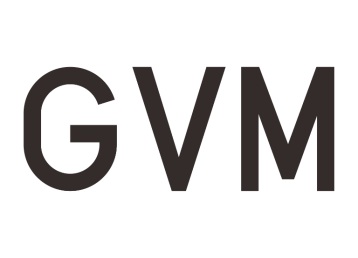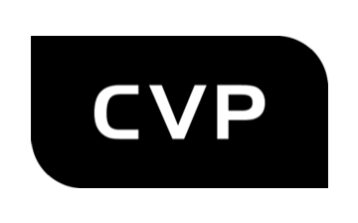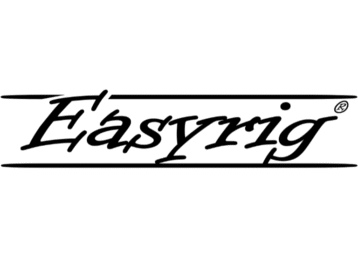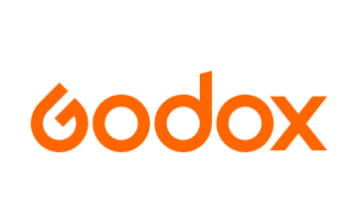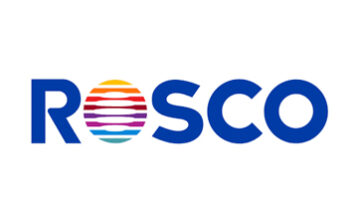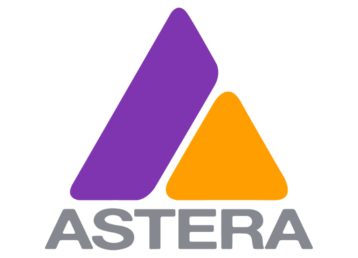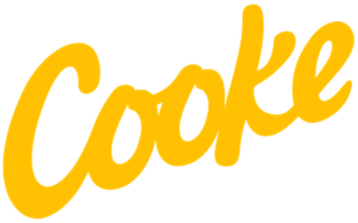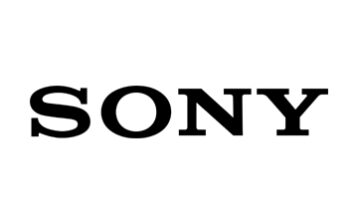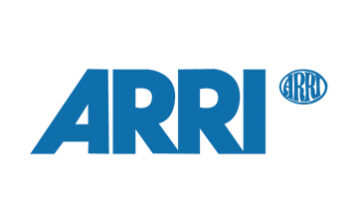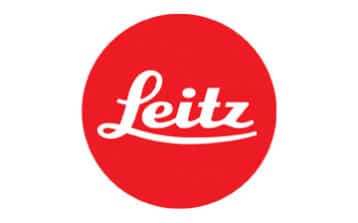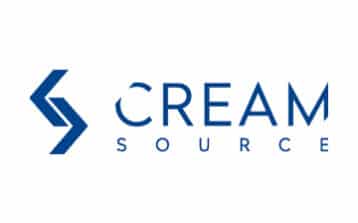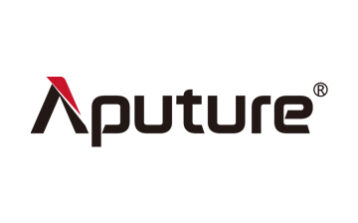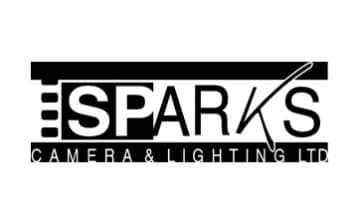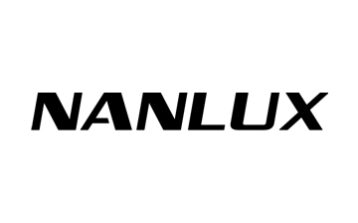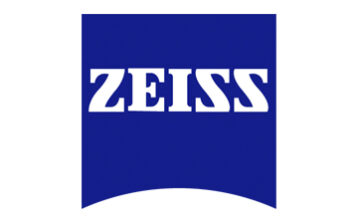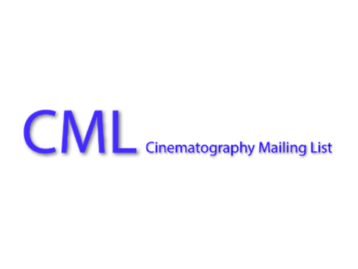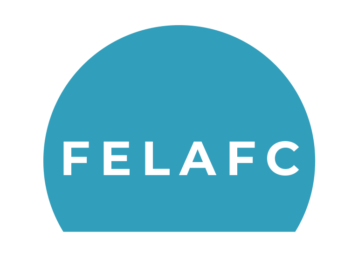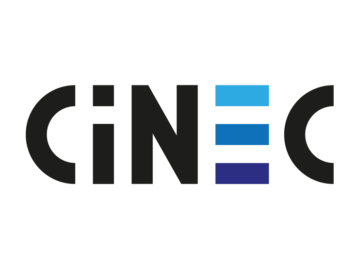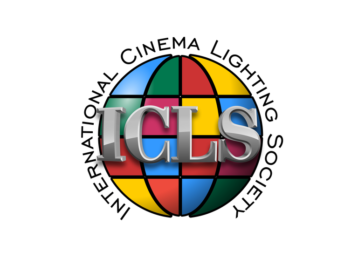IMAGO INTERNAL RULES
(Adopted during IEGA 2025)
SECTION 1: GENERAL PROVISIONS
Article 1.1: Purpose
These Internal Rules supplement the Statutes of IMAGO – International Federation of Cinematographers (hereinafter “IMAGO”) and provide additional guidance for the organization’s operations and governance.
Article 1.2: Precedence
In the event of any conflict between these Internal Rules and the IMAGO Statutes, the provisions of the Statutes shall prevail.
SECTION 2: MEMBERSHIP
Article 2.1: Membership Categories
2.1.1. Full Members
Full Members are cinematographers societies that possess complete voting rights and enjoy all powers provided in the Statutes.
2.1.2. Associate Members
Associate Members are cinematographers societies granted consultation and representations privileges without voting rights.
2.1.3. Honorary Board Members
(a) Honorary Board Members are individuals recognized for their service, dedication, and contributions to IMAGO.
(b) Honorary Board Members may attend Board meetings, provide opinions, and receive information regarding Board affairs.
(c) Honorary Board Members do not possess voting rights.
2.1.4. Honorary Members
(a) Honorary Members are individuals recognized for exceptional contributions to IMAGO.
(b) Honorary Members do not possess voting rights.
Article 2.2: Membership Obligations
2.2.1. In addition to obligations specified in the Statutes, Member Societies shall:
(a) Promptly notify the IMAGO Office of any changes to their contact information, legal status, or membership composition;
(b) Inform the IMAGO Treasury, on an annual basis, the total number of members within their society and the corresponding annual fee paid per member;
(c) Actively participate in IMAGO activities and respond to communications in a timely manner.
(d) Comply with IMAGO’s Code of Communication Ethics (https://imago.org/about-us/code-of-communication-ethics/)
SECTION 3: ORGANIZATIONAL AND GOVERNANCE STRUCTURE
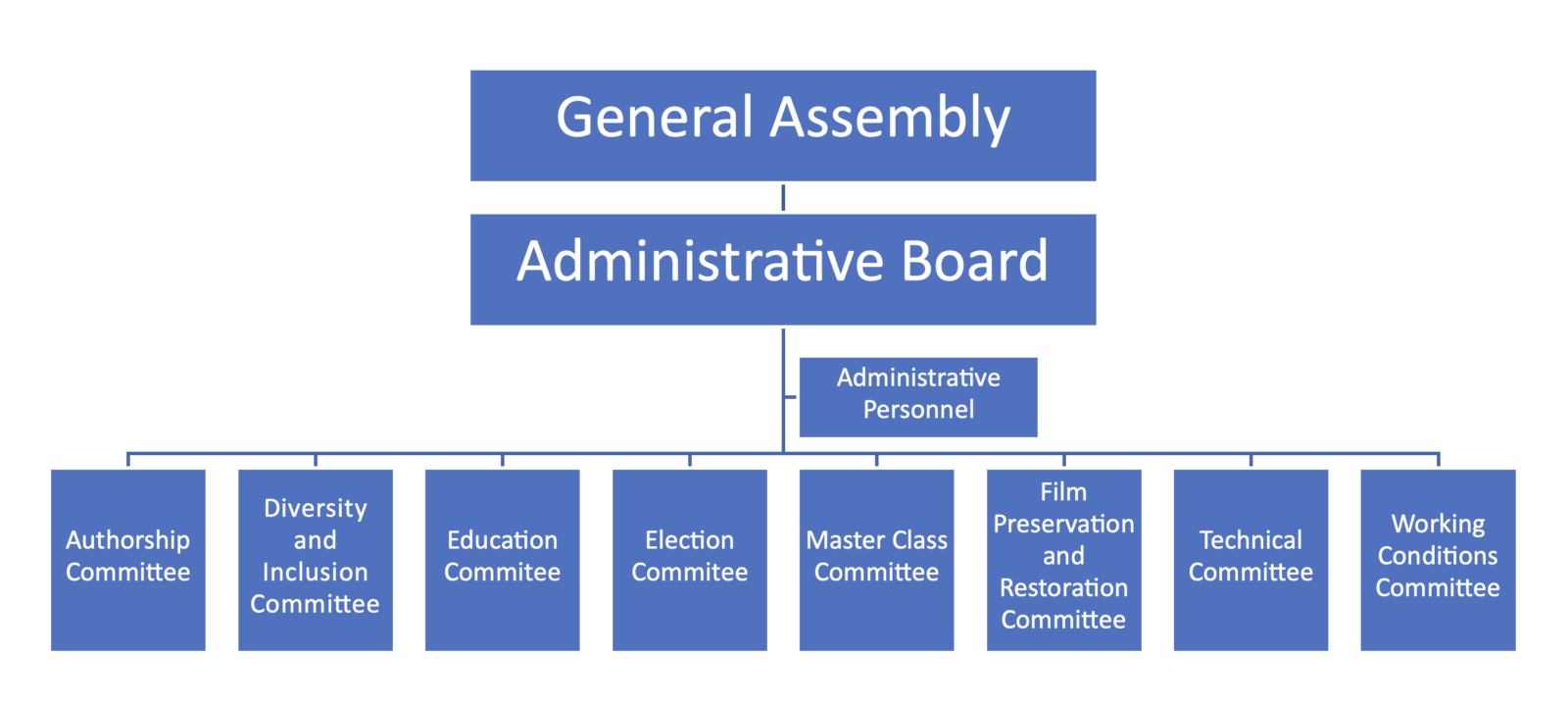
Article 3.1: General Assembly
3.1.1. Authority and Composition
(a) The General Assembly constitutes the highest decision-making body of IMAGO.
(b) The General Assembly comprises full members, associate members, and honorary members, with voting rights restricted to full members.
3.1.2. Meeting Formats
(a) General Assembly meetings may be conducted in person, online, or in a hybrid format.
(b) Subject to budgetary availability, Full Members are entitled to attend General Assembly meetings with the following expenses covered for one (1) representative: lodging for the duration of the meeting, airport transfers, and sponsored meals.
(c) The IMAGO Administration Board shall establish rules and procedures for online participation in accordance with applicable legal requirements.
(d) Member Societies shall have access to all General Assembly-related documents through the Members-only section of the IMAGO website and informative emails.
3.1.3. Voting Procedures
(a) Each full member shall designate one delegate for the General Assembly and notify the IMAGO Office in writing at least thirty (30) days before the meeting for in person attendance.
(b) IMAGO shall implement appropriate voting mechanisms for each meeting format to ensure equal participation opportunities for all eligible voting members.
(c) Votes shall be conducted by show of hands unless a secret ballot is required, or requested by the IMAGO Administration Board or a full Member Society prior to the General Assembly.
(d) For secret ballots, IMAGO shall use a secure voting platform that ensures voter authentication, confidentiality, and auditability.
(e) Clear voting instructions shall be provided to all participants.
(f) Each full member shall be entitled to one (1) vote.
(g) A full member whose voting rights are suspended pursuant to the Statutes shall be considered absent for purposes of quorum and majority calculations.
Article 3.2: Board Election Procedures
3.2.1. Election Committee
(a) The General Assembly shall appoint an Election Committee comprising three (3) individuals from different full Member Societies in good standing for a term of three (3) years.
(b) The Election Committee members’ society of origin must be in good standing at the time of the Board election for the member to be eligible to continue serving on the committee.
(c) The Election Committee shall:
(i) support the election process of the IMAGO Administrative Board;
(ii) assess candidate eligibility;
(iii) present a list of eligible candidates to the General Assembly, including the name, society of origin, profile, and number of consecutive mandates of each candidate;
(iv) monitor the voting process;
(v) manage results communication;
(vi) maintain secure voting records.
(d) Former Election Committee members may act as advisers for the committee if mandated by the General Assembly.
3.2.2. Board Nomination and Election Process
(a) Only full Member Societies in good standing may nominate candidates.
(b) The Election Committee and/or Administrative Board shall issue a call for nominations sixty (60) days before the relevant General Assembly.
(c) Nominations shall be:
(i) submitted to the Election Committee at least thirty (30) days before the General Assembly;
(ii) made in writing;
(iii) signed by two Board representatives of the nominating society;
(iv) specify the position being nominated.
(d) If a candidate is deemed ineligible, the Election Committee shall promptly notify the nominating society to allow sufficient time for a replacement nomination.
(e) A preliminary list of candidates as specified in provision 3.2.1. (b) (iii) shall be published prior to the deadline for nominations.
(f) In the event of the ineligibility of a candidate, the Election Committee shall communicate thus to the nominating society to enable the society to nominate a new candidate before the deadline.
SECTION 4: IMAGO ADMINISTRATION BOARD
Article 4.1: Board Composition and Authority
4.1.1. Representation
(a) The Board represents the Community of IMAGO Member Societies.
(b) Board members shall act and make decisions on a non-profit basis in the interests of the Community.
(c) Board members shall share duties and responsibilities as provided in the IMAGO Statutes.
4.1.2. Board Membership Categories
(a) Voting Members:
i) President
ii) Vice-President(s)
iii) General Secretary (if elected)
iv) Regular Board Members
v) Alternates (see 4.3.2 (c))
vi) Treasurer (if elected as a voting member)
(b) Non-Voting Members:
i) Treasurer
ii) Financial Controller
Article 4.2: Board Operations
4.2.1. Ethics and Confidentiality
(a) Board members shall maintain the highest professional and ethical standards.
(b) Discussions held during Board meetings are not considered confidential for Member Societies unless explicitly designated otherwise.
(c) Board members shall not share meeting documents without the President’s or General Secretary’s authorization.
(d) Official Board communication shall be conducted through IMAGO email accounts exclusively and shall comply with IMAGO’s Code of Communication Ethics (https://imago.org/about-us/code-of-communication-ethics/)
4.2.2. Meetings and Agenda
(a) The Board shall convene monthly through regular scheduled meetings not exceeding two hours in duration.
(b) Biannual meetings shall be held with IMAGO Committees for project assessment and policy development. Additional meetings may be requested by a Committee as required.
(c) The Office Coordinator shall distribute meeting agendas and supporting documents at least one (1) week before each meeting.
(d) Board Members, Committee Chairs, as well as any organizational body of IMAGO, shall submit agenda item proposals at least ten (10) days before meetings.
(e) Notwithstanding Article 4.2.2(d), urgent matters may be submitted for inclusion in the agenda after the deadline with written justification and approval from the President or General Secretary.
4.2.3. Virtual Meeting Protocol
(a) Participants shall maintain active video cameras.
(b) Microphones shall remain muted when not speaking.
(c) Members shall use the hand-raising feature to request speaking privileges.
(d) The Chair or General Secretary shall manage speaking order and meeting conduct.
(e) Invited guests may observe and will only participate if asked by the Board.
Article 4.3: Voting Procedures
4.3.1. Quorum Requirements
(a) A simple majority of voting Board Members constitutes quorum.
(b) Quorum verification shall precede any voting.
(c) Alternates count toward quorum only when formally replacing absent regular Board Members.
4.3.2. Voting Rights
(a) Each voting position on the Board shall carry one (1) vote.
(b) In cases of co-positions (co-presidents, co-vice-presidents, or other shared positions), the co-holders shall share a single vote for that position.
(c) Co-position holders must agree on how to cast their shared vote or abstain if agreement cannot be reached.
4.3.3. Alternate Participation
(a) Alternates shall attend all Board meetings to maintain readiness for voting responsibilities.
(b) Voting rights for Alternates apply only when replacing absent regular Board Members.
(c) Multiple Alternates shall receive voting rights in descending order based on the results of their election as Alternate Board Members.
(d) The number of voting Alternates shall not exceed absent regular Board Members.
4.3.4. Proxy Voting
(a) Proxy voting is permitted only when quorum cannot be achieved with regular Board Members and Alternates.
(b) Proxy designations require written submission to the Office Coordinator 24 hours before meetings.
(c) The proxy holder shall have full voting discretion during the meeting unless specific voting preferences have been communicated in writing beforehand.
(d) Board Members may hold no more than one (1) proxy vote.
(e) Alternates may not designate proxies.
Article 4.4: Documentation and Transparency
4.4.1. Meeting Documentation
(a) The Office Coordinator shall prepare meeting minutes within two weeks of the meeting.
(c) The meeting minutes shall be submitted for approval by the Board at the subsequent meeting.
(b) All attending Board members shall electronically sign the full minutes.
(d) The Office Coordinator and the General Secretary shall maintain a secure archive of meeting documentation and recordings under the supervision of the General Secretary.
4.4.2. Member Society Access
(a) Member Society representatives should be invited and may attend Board meetings discussing non-confidential matters.
(b) Non-confidential meeting minute summaries shall be accessible to all member societies through the members-only section of the IMAGO website.
SECTION 5: LEADERSHIP ROLES AND RESPONSIBILITIES
Article 5.1: President
5.1.1. Strategic Leadership
(a) Guide IMAGO’s strategic direction and policy development;
(b) Chair the Board and ensure effective governance;
(c) Oversee organizational compliance and risk management;
(d) Oversee the expansion and strengthening of the Membership base and international presence;
(e) Maintain ultimate responsibility for IMAGO’s financial stability and sustainability.
5.1.2. Representation
(a) Serve as IMAGO’s primary representative in official matters;
(b) Build and maintain relationships with Member Societies and industry stakeholders.
5.1.3. Authority and Oversight
(a) Delegate signing authority for bank accounts and administrative documents;
(b) Maintain oversight of delegated responsibilities;
(c) Ensure organizational compliance with applicable laws, statutes, and best practices.
Article 5.2: Vice-President(s)
5.2.1. The Vice-President(s) shall:
(a) Act as deputy to the President when required;
(b) Participate in Board meetings and decision-making;
(c) Represent IMAGO in official matters during the President’s absence;
(d) Contribute to strategic planning and policy development;
(e) Oversee and carry out assigned projects;
(f) Support member society engagement.
Article 5.3: General Secretary
5.3.1. Administrative Functions
(a) Coordinate daily operations;
(b) Implement Board decisions and organizational policies;
(d) Ensure administrative compliance.
5.3.2. Governance Support
(a) Participate in Board meetings and decision-making;
(b) Maintain official records;
(c) Coordinate General Assemblies;
(d) Monitor implementation of Board and General Assembly decisions.
5.3.3. Communication Management
(a) Oversee internal and external communications;
(b) Ensure timely document publication and accessibility;
(c) Maintain secure archives;
(d) Manage member society relationships and information flows.
5.3.4. Operational Oversight
(a) Manage office operations and administrative systems;
(b) Monitors organizational effectiveness.
Article 5.4: Board Members
5.4.1. Board Members shall:
(a) Serve as trustees of IMAGO’s interests;
(b) Participate actively in Board meetings and decision-making processes;
(c) Contribute professional expertise to IMAGO’s development and initiatives;
(d) Represent global membership interests rather than individual societies;
(e) Maintain independence from committee interests;
(f) Participate in working groups and special projects as assigned;
(g) Exercise fiduciary duties of care, loyalty, and obedience;
(h) Review and contribute to strategic planning initiatives;
(i) Monitor organizational performance and compliance.
Article 5.5: Treasurer
(a) Manage accounts under the President, General Secretary and Financial Controller supervision;
(b) Issue annual membership fee and sponsorship fee invoices;
(c) Process financial transactions;
(d) Maintain financial records;
(e) Prepare annual budgets;
(f) Monitor income and expenditure;
(g) Report regularly on financial status.
Article 5.6: Financial Controller
(a) Examine monthly financial statements;
(b) Provide independent budget oversight;
(c) Review external audit preparations;
(d) Recommend financial improvements;
(e) Identify potential risks;
(f) Present oversight findings to Board;
(g) Validate financial statements;
(h) Prepare recommendations for the General Assembly.
Article 5.7: Succession
5.5.2. Succession Management
(a) Leadership positions shall develop and maintain comprehensive handover procedures.
(b) Handover procedures shall include documentation of ongoing projects, key relationships, and critical decisions.
(c) Leaders shall actively support smooth leadership transitions through mentoring and knowledge transfer.
(d) Leaders shall establish systems for preserving and transferring institutional knowledge.
SECTION 6: COMMITTEES
Article 6.1: Committee Formation and Structure
6.1.1. Establishment
(a) The Board may recommend committee establishment for specific matters.
(b) All proposed committees require General Assembly approval.
(c) Each committee shall operate under clear terms of reference, including objectives, composition, and reporting requirements.
6.1.2. Composition
(a) Committees shall consist of a minimum of three (3) members from full Member Societies.
(b) At least three (3) different full Member Societies must be represented.
(c) Committee membership may include representatives from Full Member Societies, Associate Member Societies, and non-members with relevant expertise.
(d) Committees shall elect their Chair and Co-Chairs from full Member Societies.
(e) Chair and Co-Chair elections shall take place every three (3) years.
(f) Committees shall communicate upcoming elections, nominated candidates and results to the Board.
(g) Only Committee members originating from Full Member Societies are eligible to vote in all matters.
6.1.3. Operations
(a) Committees shall meet at least biannually online and offline;
(b) Each Committee Members’ Society shall cover the cost involved in having a member in one or more Committees. The cost may consist of two annual trips to Committee meetings and office expenditure. These costs should be clearly defined and communicated to Member Societies in advance to ensure transparency and informed decision-making,
(c) Written reports from Committee activities shall be submitted to the Board at least biannually;
(d) Committee work and projects shall be presented to the Board at least biannually.
6.1.4. Committee Finance
(a) Project expenses shall be duly budgeted and submitted to Board approval through the IMAGO Office at least 15 days prior to a scheduled Board meeting.
(b) Travel, lodging, and meal expenses incurred for attending events must be submitted to the Treasurer in detailed expense reports, accompanied by valid receipts. Reimbursement is limited to members of full Member Societies.
(c) Expenses shall comply with the daily limit set by the Board and are restricted to a maximum of three (3) consecutive days per event per person.
SECTION 7: ADMINISTRATIVE STRUCTURE
Article 7.1: Administrative Personnel
7.1.1. Office Coordinator
(a) Manage daily operations under President and General Secretary supervision;
(b) Implement project management systems;
(c) Maintain and update organizational records, including meeting minutes, official documents, and membership information;
(d) Manage document archives;
(e) Handle member correspondence;
(f) Support Board meetings and events, including General Assemblies;
(g) Keep a list of Board decisions and resolutions and update it after each Board meeting;
(h) Distribute the link to the Board decisions and resolutions list along with Board meeting documentation for monthly decision follow-up;
(i) Prepare and distribute meeting agenda and minutes;
(j) Keep the President and General Secretary informed of daily affairs and correspondence;
(k) Assist the President, the Vice-President and the General Secretary in drafting, reviewing, and replying to correspondences, ensuring timely and professional communication;
(l) Assist in the coordination of logistical arrangements for General Assemblies, Board meetings, and other events;
(m) Act as the liaison between the Board and Member Societies, ensuring clear and consistent communication.
7.1.2. Webmaster
(a) Maintain digital platforms and infrastructure;
(b) Administer email systems and access rights;
(c) Update digital content;
(d) Provide technical support;
(e) Ensure data security and backup;
(f) Keep audiovisual records of General Assemblies securely archived.
7.1.3. Sponsorship Manager / Coordinator
(a) Develop and implement sponsorship strategy;
(b) Maintain sponsor relationships;
(c) Secure new sponsors;
(d) Monitor sponsor satisfaction;
(e) Achieve sponsorship targets;
(f) Negotiate agreements;
(g) Ensure sponsor benefit delivery;
(h) Coordinates with the Communication Team on sponsor visibility.
7.1.4. Communication Team
(a) Develop communication strategy;
(b) Create content and newsletters;
(c) Manage social media presence;
(d) Maintain brand consistency;
(e) Liaise with IMAGO Member societies, Committees and Sponsors regarding communication needs.
Article 7.2: General Provisions
7.2.1. Administrative Personnel Travel Expenses
(a) Travel, lodging and meal expenses to attend events shall be submitted to the Treasurer in detailed expense reports and accompanied by receipts
7.2.2. Professional Conduct
All administrative personnel shall:
(a) Adhere to IMAGO’s established policies and procedures in the performance of their duties;
(b) Maintain professional and ethical standards consistent with IMAGO’s organizational values;
(c) Safeguard confidential information in accordance with applicable data protection regulations;
(d) Report directly to their designated supervisors and maintain clear lines of communication;
(e) Document their work processes and responsibilities thoroughly;
(f) Use only IMAGO-designated email accounts for all work-related correspondence.
7.2.3. Transition Management
All administrative personnel shall:
(a) Develop and maintain comprehensive handover procedures for their respective roles;
(b) Document ongoing projects, key contacts, and critical processes;
(c) Participate actively in training their successors when applicable;
(d) Ensure smooth role transitions through proper knowledge transfer;
(e) Archive relevant documents and materials according to IMAGO’s retention policies;
(f) Retain all email exchanges conducted through designated IMAGO email accounts and ensure they are properly archived and handed over to the organization upon leaving the role.
